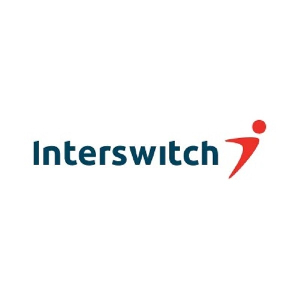Owing to the increase in the cost of foods and fuels, inflation rate rose from 21.82 per cent in January 2023 to 21.91 per cent in February, this year, according to the National Bureau of Statistics (NBS).
In its document entitled: “Consumer Price Index February 2023,” the Bureau noted that the rate soared by 0.09 per cent compared to the previous month.
The report said: “In February 2023, the headline inflation rate rose to 21.91per cent compared to January 2023 headline inflation rate which was 21.82 per cent. Looking at the trend, the February 2023 inflation rate showed an increase of 0.09 per cent points when compared to January 2023 headline inflation rate.”
NBS further noted that similarly yearly, the headline inflation rate was 6.21per cent points higher compared to the rate recorded in February, last year, which was 15.70 per cent.
This shows that the headline inflation rate (yearly) increased in February 2023 when compared to the same month in the preceding year (i.e., February 2022).
Stressing that the rise in the cost of foods was responsible for the rise in the rate, NBS said “the contributions of items on a class basis to the increase in the headline index are presented, thus: Bread and cereal (21.67per cent), Actual and imputed rent (7.74 per cent), potatoes, yam and other tubers (6.06 per cent), vegetable (5.44 per cent) and Meat (4.78 per cent).”
The document, however, noted that monthly, the percentage change in the All-Items Index in February 2023 was 1.71 per cent, which was 0.16 per cent points lower than the rate recorded in January 2023 (1.87 per cent). This means that in February 2023, on average, the general price level was 0.16per cent lower relative to January 2023.
It said in terms of “All items less farm produce” or Core inflation, which excludes the prices of volatile agricultural produce stood at 18.84per cent in February 2023 on a year-on-year basis; up by 4.83per cent when compared to the 14.01per cent recorded in February 2022.
NBS added that “The highest increases were recorded in prices of Gas, Passenger Transport by Air, Liquid Fuel, Fuels, and Lubricants for Personal Transport Equipment, Vehicles Spare Parts, Solid Fuel, etc.”
It further noted that on a month-on-month basis, the core inflation rate was 1.06per cent in February 2023. It stood at 1.82per cent in January 2023, down by 0.76 per cent points.
NBS said the average twelve-months annual inflation rate was 16.92 per cent for the twelve-months ending February 2023; this was 3.46% points higher than the 13.46per cent recorded in February 2022.
According to the document, in in February 2023, all items inflation rate on a year-on-year basis was highest in Bauchi (24.59per cent), Rivers (24.40per cent), and Ondo (24.27per cent), while Sokoto (18.90 per cent), Borno (18.94per cent) and Cross River (19.62per cent) recorded the slowest rise in headline year-on-year inflation.
On a month-on-month basis, the Bureau however, said February 2023 recorded the highest increases in Edo (2.76per cent), Ogun (2.64 per cent), and Yobe (2.36per cent), while Bayelsa (0.74per cent), Borno (0.95per cent) and Taraba (1.03per cent) recorded the slowest rise on month-on-month inflation.
The report revealed that in the period under review, food inflation on a year-on-year basis was highest in Kwara (29.51per cent), Imo (27.47per cent), and Lagos (27.42per cent), while Sokoto (18.54per cent), Jigawa (19.67per cent) and Yobe (21.89 per cent) recorded the slowest rise on year-on-year food inflation.
It said on a month-on-month basis, however, February 2023 food inflation was highest in Yobe (3.15 per cent), Edo (3.03 per cent), and Ogun (2.90 per cent), while Rivers (0.75 per cent), Sokoto (0.89 per cent) and Nasarawa (0.90 per cent) recorded the slowest rise on month-on-month inflation.
Business News of Thursday, 16 March 2023
Source: thenationonlineng.net













